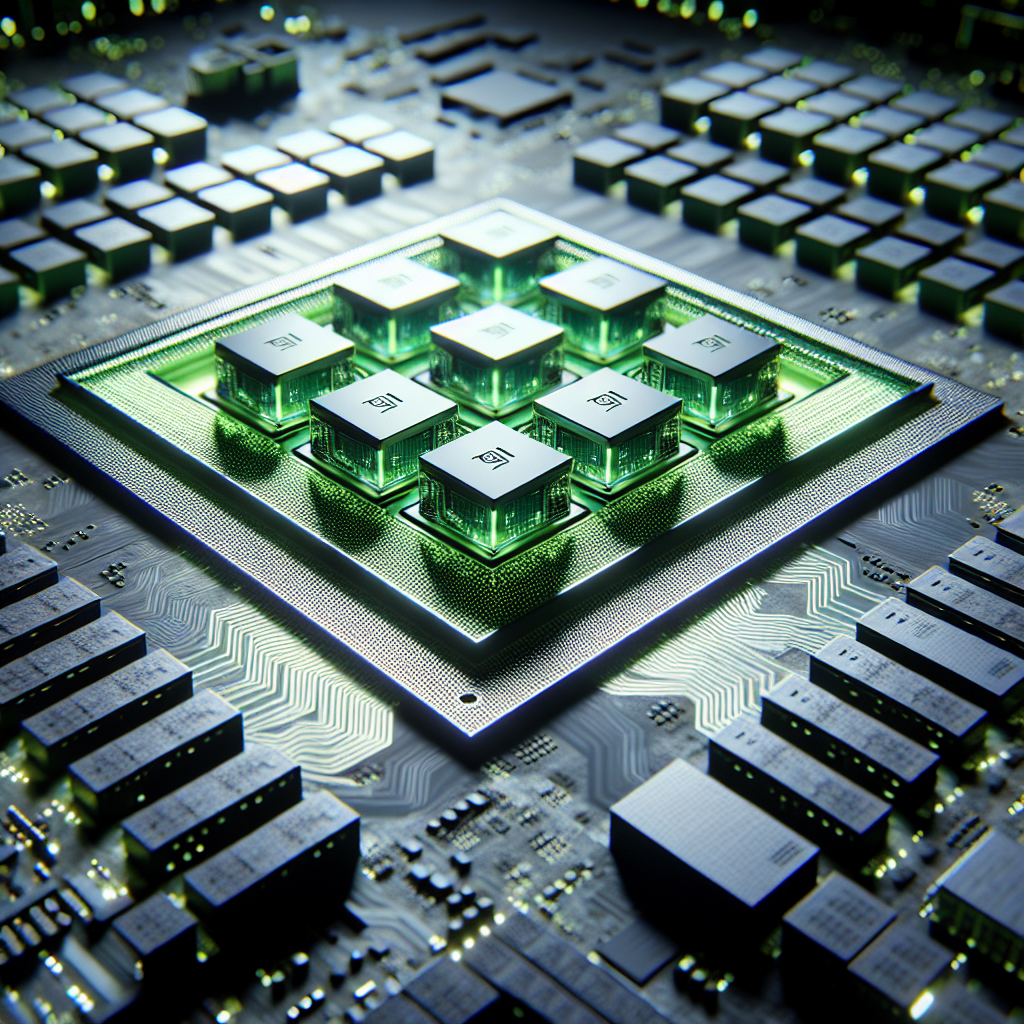Nvidia's H20 AI Chips: The Power Play Between US and China
Nvidia aims to resume H20 AI chip sales to China amidst US-China trade negotiations involving rare earths. This move, met with political scrutiny, highlights tensions over technology exports. Nvidia's decision impacts its market dynamics, with Chinese firms eager to purchase while AMD awaits similar licensing for its MI308 chips.

Nvidia is preparing to resume sales of its H20 AI chips to China, a strategic decision embedded in U.S.-China trade negotiations concerning rare earth materials. The move came after Nvidia's CEO's engagement with US officials, including President Donald Trump, to discuss trade and technology relations.
U.S. Commerce Secretary Howard Lutnick confirmed that Nvidia expects to receive licenses soon, reversing earlier export restrictions. The decision is drawing criticism from U.S. legislators, with concerns over national security and the potential technological advantage it might give to China's AI sector.
Nvidia's plan has triggered a rush among Chinese companies to acquire these chips, although they lack some capabilities due to export restrictions. As the Chinese market plays a crucial role in Nvidia's revenue, this development could significantly alter the landscape of global AI competition.
ALSO READ
Siemens: A Shift in Export Control Restrictions
China Eases European Fears Over Rare Earth Export Control
The Rare Earths Showdown: KIA vs. Chinese-backed Junta
China Tightens Grip with New Export Controls on Taiwanese Firms
Revving Up: India's Auto Industry Calls for National Strategy on Rare Earths










